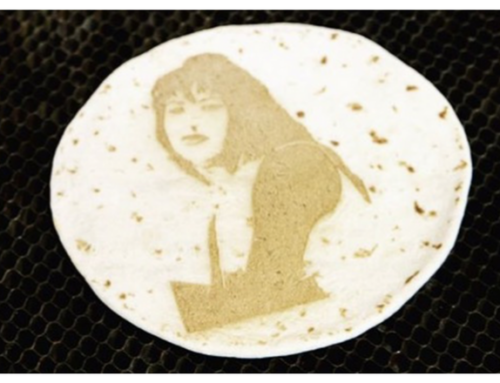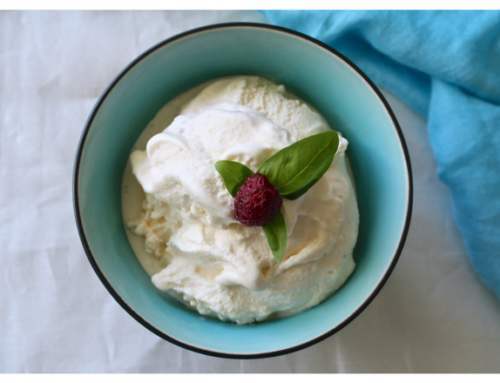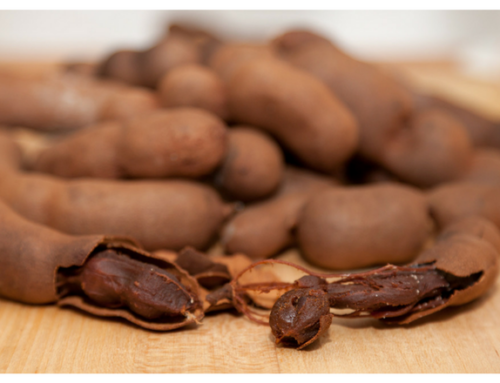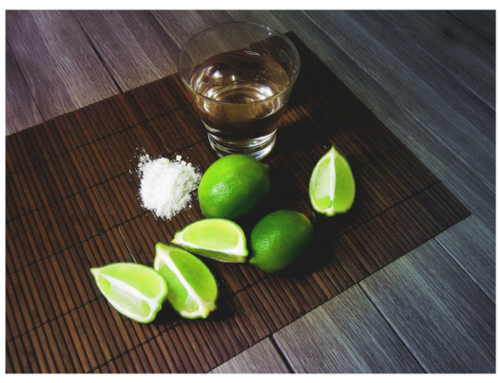Miami-based chef Doreen Colondres, whose website The Kitchen Doesn’t Bite and daily cooking segments on Fox’s Utilisma Network have made her a star in the Latin food sphere, has teamed up with the Bordeaux Wine Council to create a recipe guide that pairs Latin flavors with French wines.
Titled Viva Bordeaux, the guide shines a light on the reciprocal relationship between the food and wine history of the Bordeaux region and the influences – among them Basque and Spanish – that have shaped it.
“The main goal,” says Colondres, “is to educate people about the Bordeaux region and how its wines complement Latin food.”
To achieve this, Colondres, who is also a sommelier, created five unique Latin recipes and assigned each a Bordeaux wine pairing: mini arepas with avocado and aji amarillo tuna tartare are paired with a white Bordeaux whose citrus and herbal notes are highlighted by the dishes’ sweetness; bife de chorizo with mashed plantains and cilantro gremolata is paired with an elegant Margaux; and sweet plantain, banana and rum quesillo – a creamier version of flan thanks to the recipe’s use of fresh milk and milk powder in lieu of evaporated milk – is paired with a 2010 Barton and Guestier Passeport Sauterne. The latter’s well-balanced acid provides the perfect counterpoint to the sweetness of the quesillo.
The Viva Bordeaux menu also features a yuca al mojo soup and pork linguini pasta in three chiles sauce.
Colondres says that her inclusion of ingredients found throughout Latin America was intentional, as the combination of regional influences and flavors used in Latin cooking parallels the combination of distinct grapes used to create Bordeaux blends: “There are bold, powerful reds that combine Merlot, Cabernet, and Cabernet Franc grapes, and then there’s the sweet, mildly acidic Sauterne. The same variety exists is Latin food.”
When asked why the idea that Latin food is best with beer and margaritas continues to persist, Colondres acknowledges that some Latin dishes are, in fact, ideally suited to beer or margaritas. She adds, however, that pairing preferences vary as much within Latin countries as they do elsewhere, with some nationalities tending towards beer, others towards wine, and still others towards regionally produced drinks like pisco in Peru and mezcal in Mexico. She also says she has noticed a recent trend towards respecting and trying new ingredients and flavor profiles and less familiar food and drinks.
Next up, Colondres’ pairing tips…
With regard to deciding which wine to pair with which recipe, Colondres admits that price was a key factor.
“The perception is that Bordeaux wines are very elegant – and they are – but they are not always expensive,” she says, noting that all of the wine pairings in the Viva Bordeaux guide retail for less than $50, with four of the five selections in the $15 – $30 range.
Fabien Bova, managing director of the Bordeaux Wine Council, puts it this way: “Pairing Bordeaux wines with traditional Latin American dishes is literally a palate-made and wallet-made match, as the region produces many affordable and accessible whites, reds and Sauternes.”
Another consideration in creating the Viva Bordeaux recipes was ensuring that at-home cooks could find the ingredients needed to make them, whether in New York, New York or New Braunfels, Texas.
“All of the dishes were designed with this in mind, and all of the ingredients can be found in almost any supermarket,” says Colondres, though she concedes that the three chiles in the pork linguini might not be available everywhere.
As an alternative, she suggests substituting Serrano chiles for guajillo chiles or making the dish with one type of chile instead of three.
“You can also use frozen chiles or chile pastes,” she says, “although chile pastes typically decrease freshness and increase spiciness.”
Ultimately, Colondres’ participation in the Viva Bordeaux campaign is based on her personal interest in the region and her desire to debunk some of the myths surrounding its perceived exclusivity.
“I think that sometimes the idea of Bordeaux wines scares people,” she says. “The label is intimidating. The region’s history and drama are intimidating. But Bordeaux wines are really very accessible, and they pair so nicely with Latin food….I’m thrilled, excited and honored to be part of [Viva Bordeaux], and I hope it encourages people to think of Bordeaux wines and Latin food differently.”

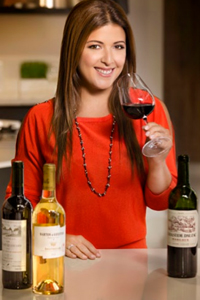
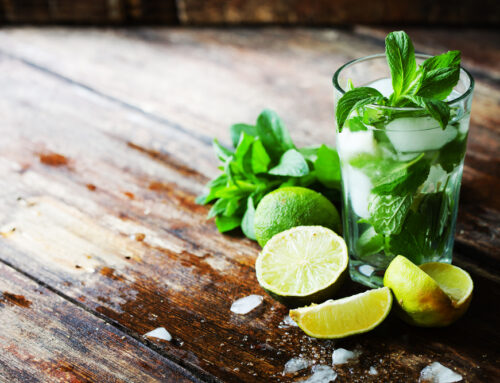
![Making Mealtime Matter with La Familia: Easy Sofrito [Video]](https://thelatinkitchen.com/wp-content/uploads/2015/10/sofrito-shutterstock__0-500x383.jpg)
![Easy Latin Smoothies: Goji Berry Smoothie [Video]](https://thelatinkitchen.com/wp-content/uploads/2015/12/goji_berry-shutterstock_-500x383.jpg)
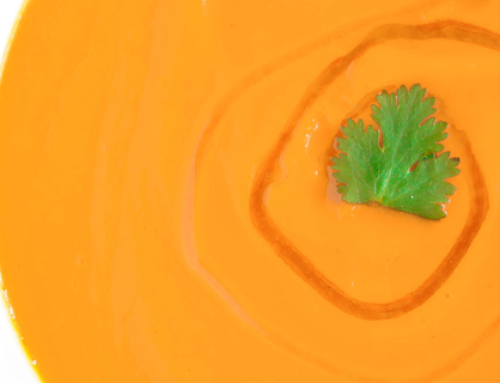





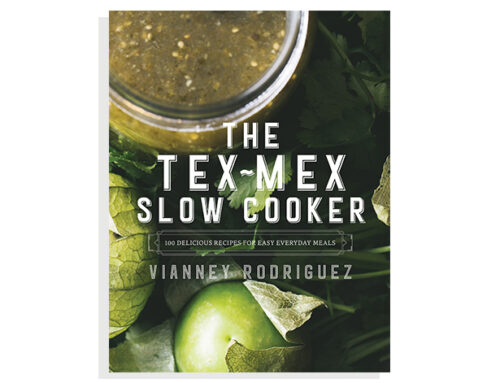
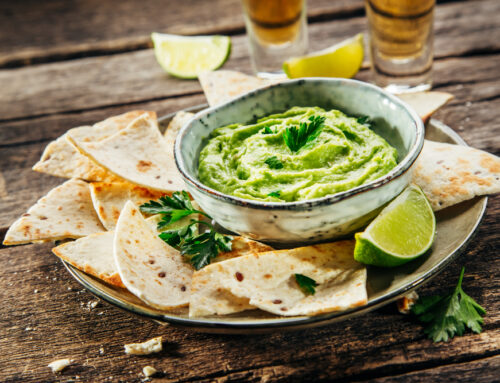

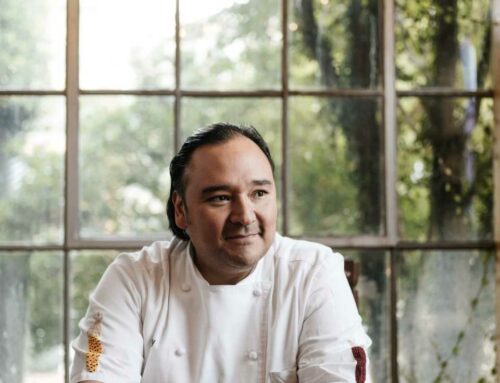

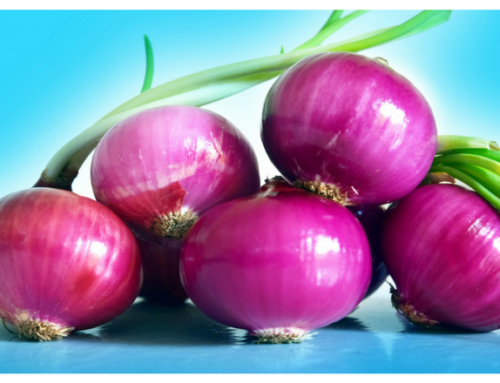




![Fun and Fast Recipes: Fiesta Cabbage Salad [Video]](https://thelatinkitchen.com/wp-content/uploads/2015/11/fiesta_cabbage_slaw-shutterstock_-500x383.jpg)
